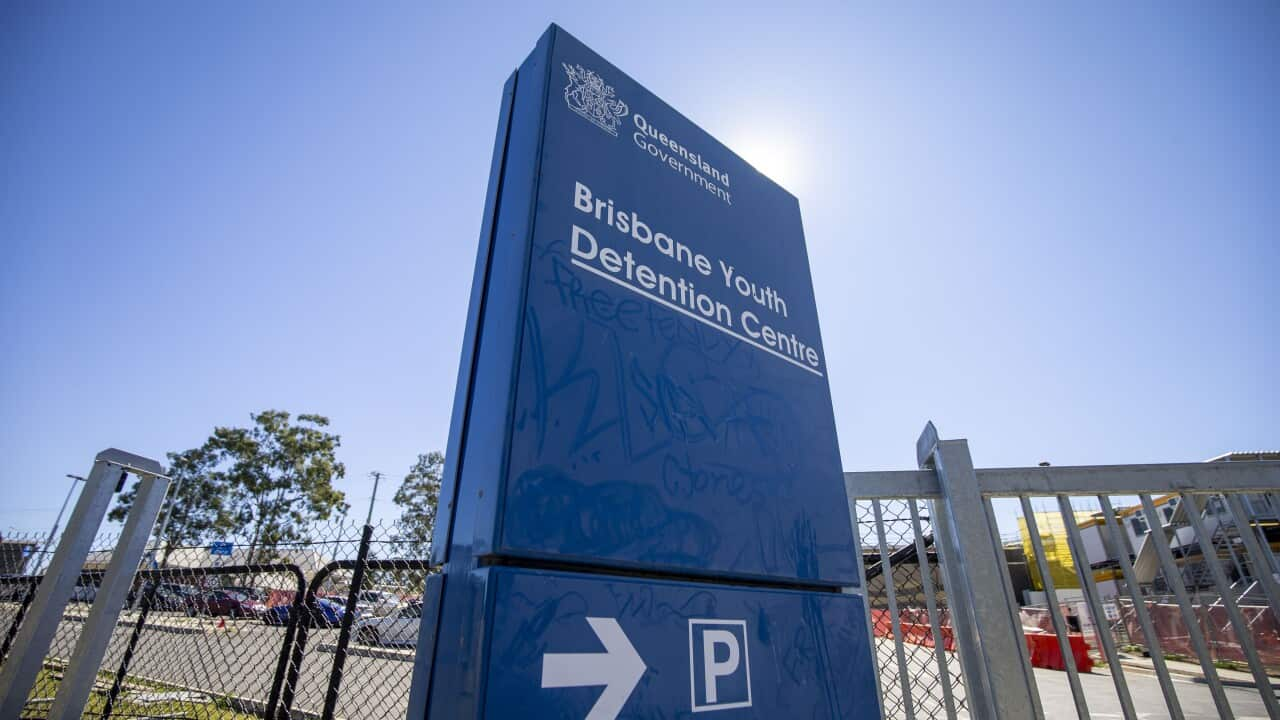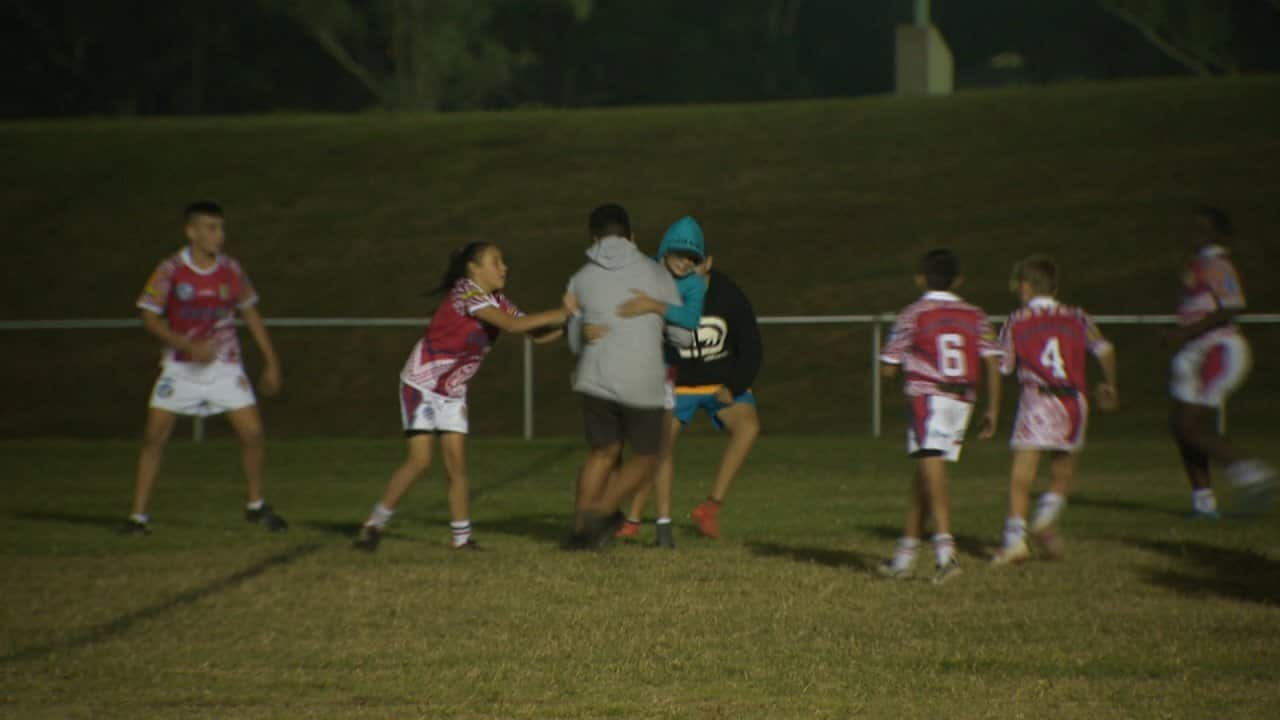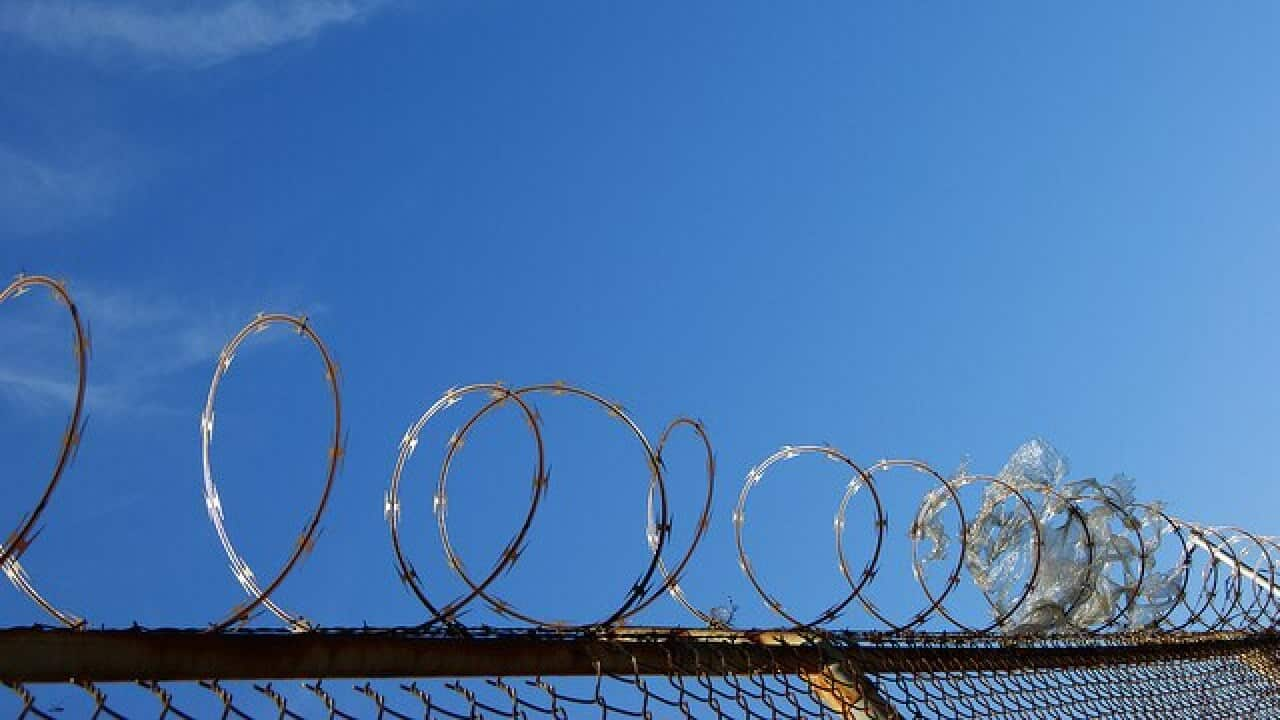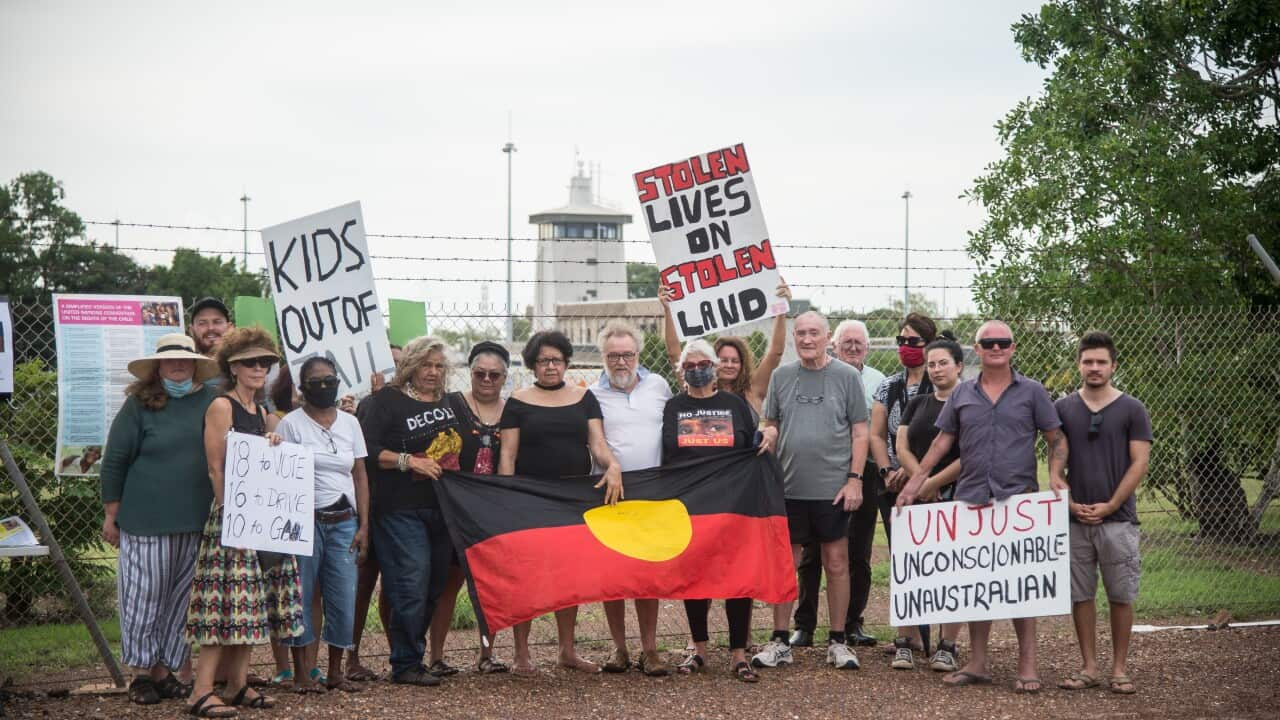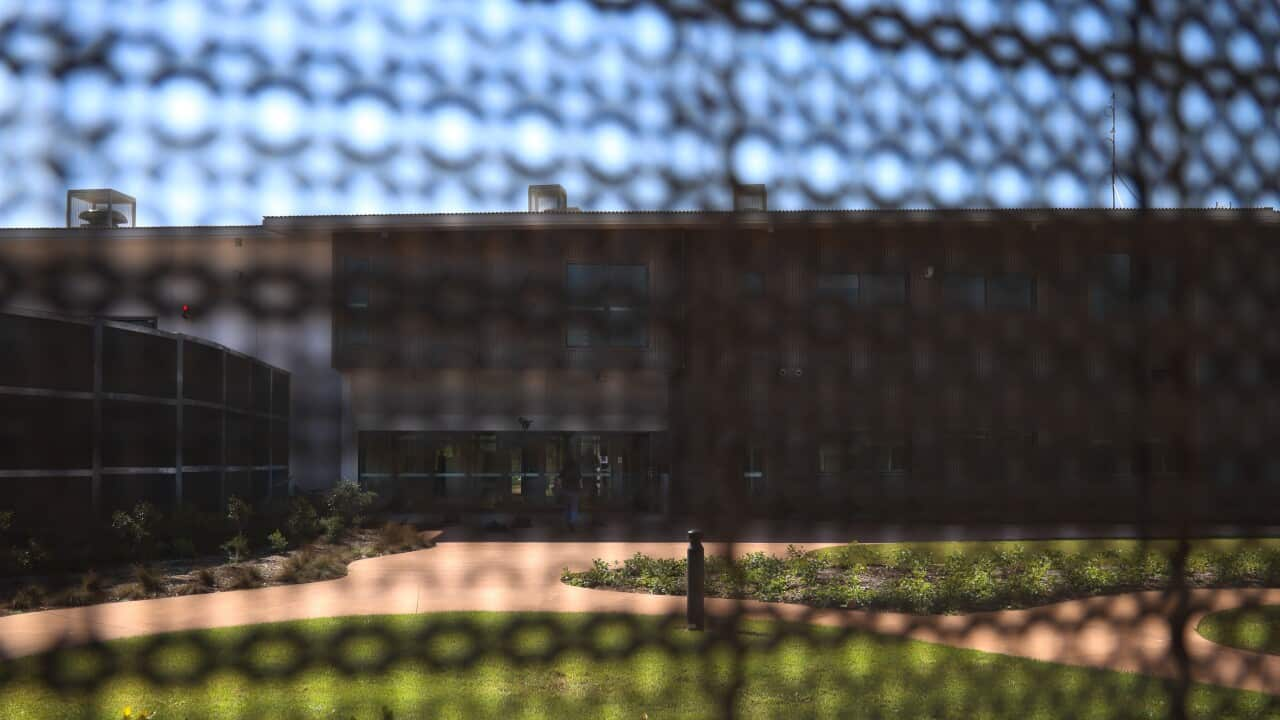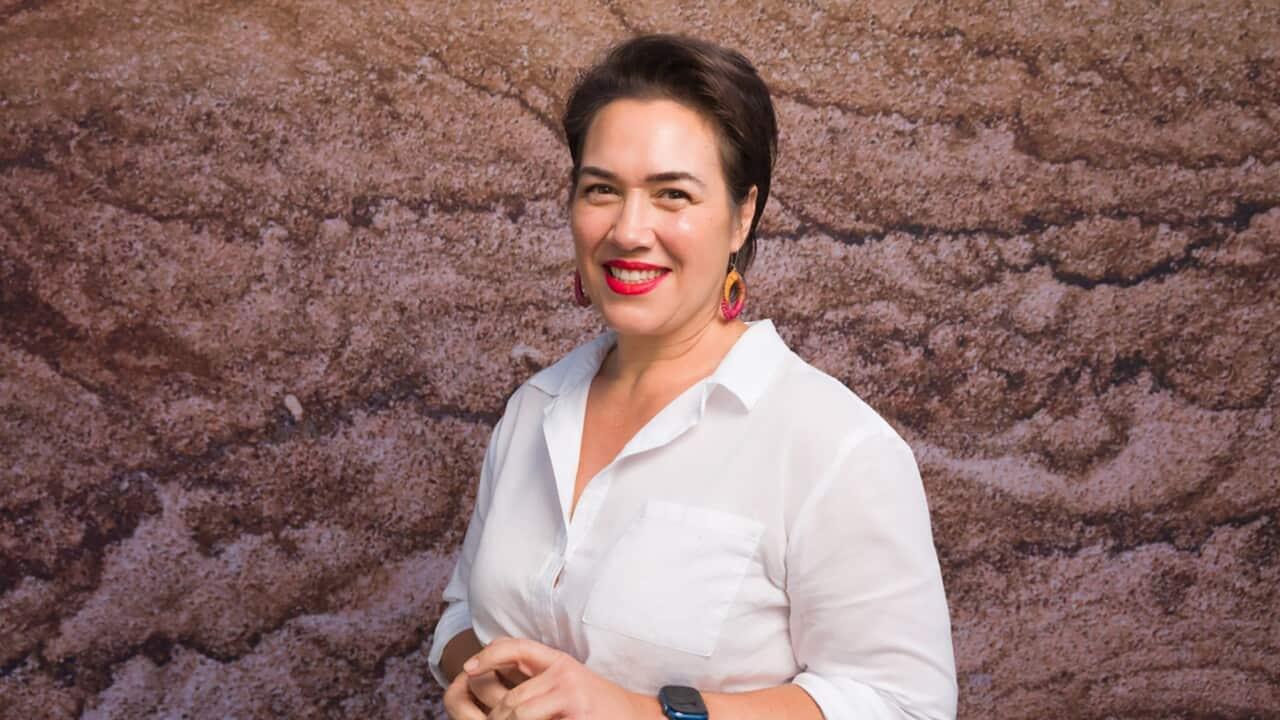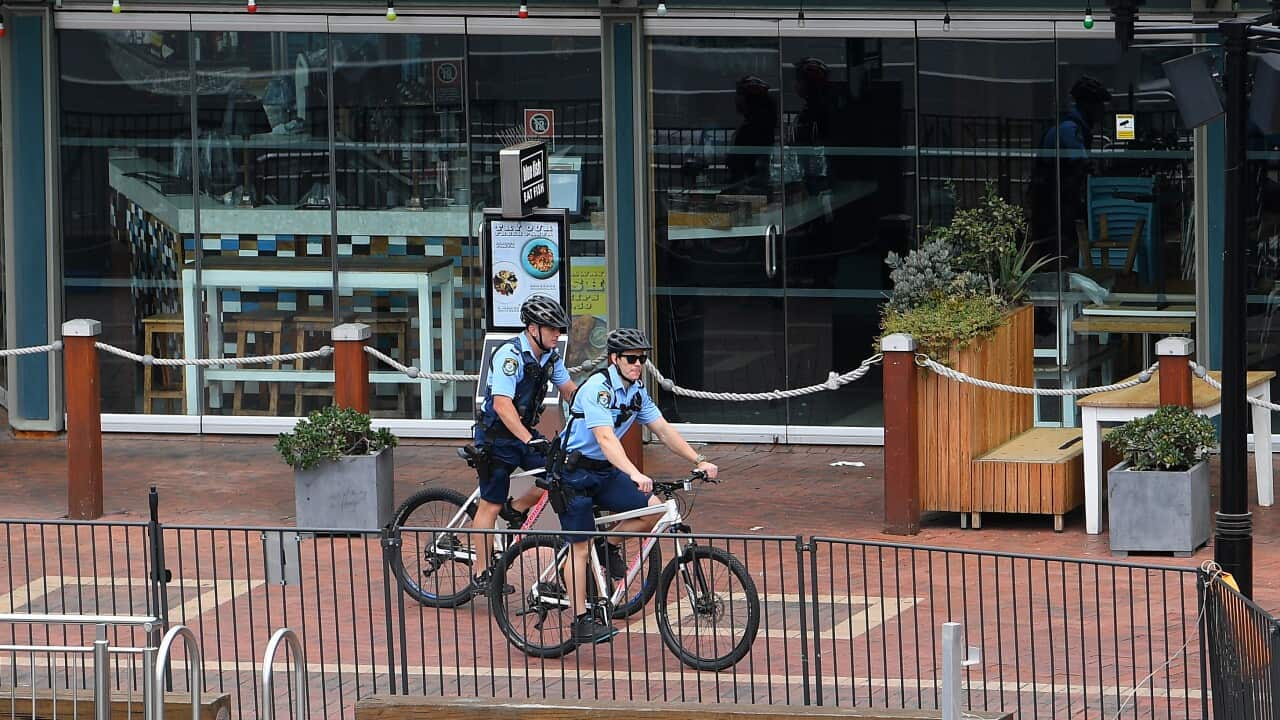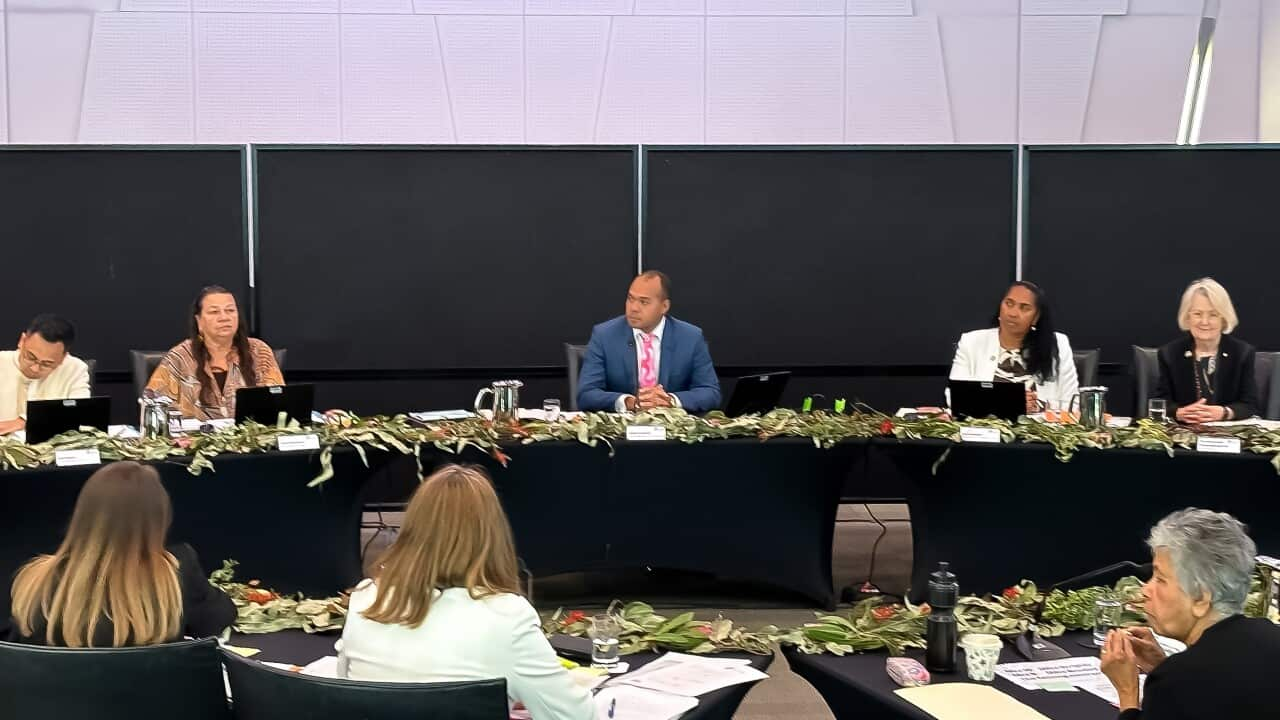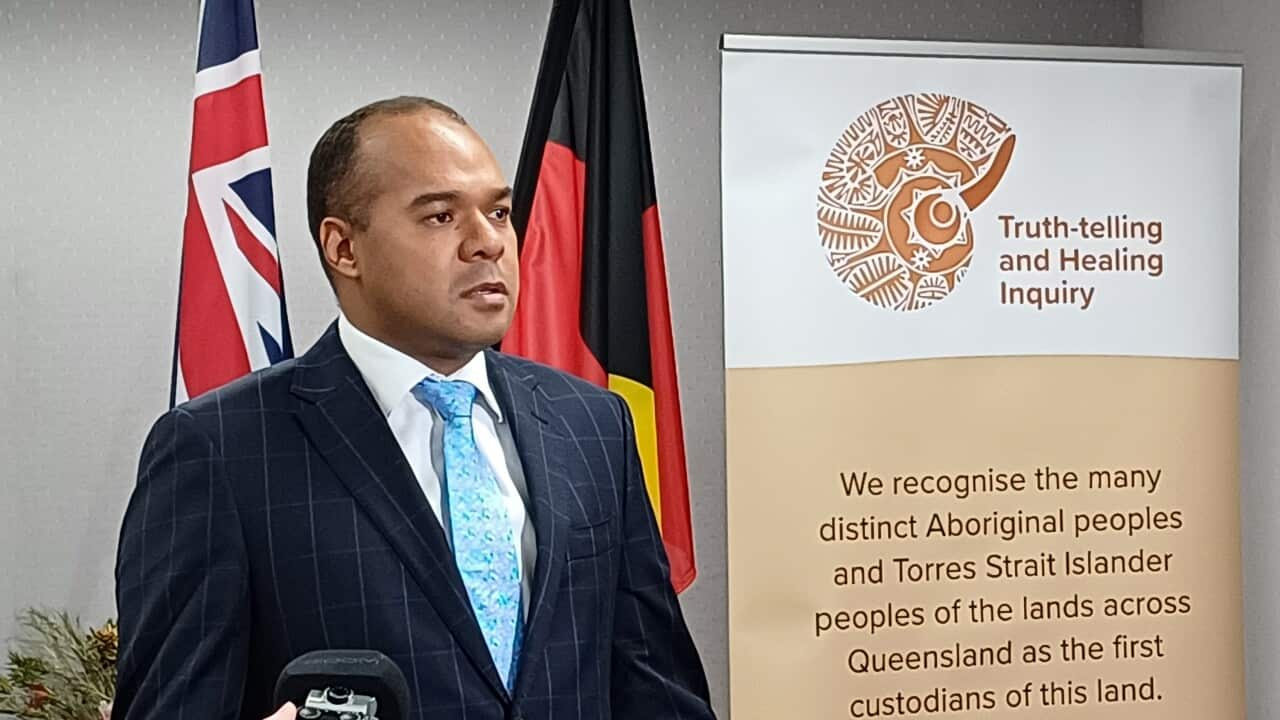The United Nations has added its powerful voice to the chorus of criticisms levelled against new laws in Queensland, saying the legislation shows a "flagrant disregard" for children's rights.
'Adult crime, adult time' laws featured in Queensland parliament's first sitting on Thursday as the Liberal National Party government fulfilled an election promise.
Premier David Crisafulli's first act was to introduce the following a campaign which focused heavily on youth crime and ended Labor's nine-year reign in Queensland.
The laws remove "detention as a last resort" provisions entirely from legislation and open the children's court to media and victims' families and friends.
Children face a life sentence for five offences including murder, manslaughter and grievous bodily harm.
Kids as young as 10 will face the same maximum sentence as adults for 13 offences and the laws also include scrapping the capability to wipe a youth offender's record when they turn 18.
On Saturday, Ann Skelton, chair of the UN Committee on the Rights of the Child, released a video saying they agreed with the Queensland Attorney-General's admission that the laws violate the Convention on the Rights of the Child.
"We do not agree that the so-called 'exceptional circumstances' warrant what will be a flagrant disregard for children's rights under international law," she said.
"We also don't agree that it will make Queensland safer.
"We urge the government of Queensland to stand firm with the principle that children should be treated differently from adults in the criminal justice system.
"We also urge them not to depart from the longstanding and universally accepted principle that deprivation of liberty for child offenders must be a measure of last resort and for the shortest appropriate period of time."
Maximum sentences for murder and manslaughter will change from 10 years to a mandatory life sentence under the new laws.
Other penalties are set to double including grievous bodily harm and robbery increasing to 14 years and serious assault and wounding to seven.
Stealing a car currently holds a maximum sentence of one to five years but is set to become 10.
A spokesman for the Queensland Government claimed in a statement that the laws were backed 'overwhelmingly' by Queenslanders.
"Adult Crime, Adult Time means the youths who choose to commit the most serious crimes will serve the time," he said, adding that the government would also introduce 'gold standard' early intervention and rehabilitation for children but not saying when or indicating why that wasn't part of the Making Queensland Safer Bill.
The 'adult crime, adult time' bill was tabled along with its statement of compatibility with human rights.
Attorney-General Deb Frecklington indicated in the statement the laws would require an override of the state's Human Rights Act.
"I acknowledge that the amendments in the bill ... are incompatible with human rights," Ms Frecklington said in the statement.
"However, I consider that the current situation with respect to youth crime in Queensland is exceptional."
It conceded laws would likely increase the number of children in detention centres, putting pressure on the packed facilities.
Locking up kids doesn't improve safety: advocates
Queensland already has the highest number of kids behind bars in the country, according to a damning report into youth justice tabled in state parliament in March.
The report by the found Indigenous children aged 10-17 are 21 times more likely than non-Indigenous juveniles to be under youth justice supervision and 23 times more likely to be in detention than their non-Indigenous peers.
Evidence shows that the earlier a child is locked away in prison, the more that child is at risk of being entrenched in the criminal legal system and recriminalised later in life.
According to the 's own data, the percentage of young people who reoffended within a year of being released from youth detention centres was between 84 and 96 per cent in 2023, with the report suggesting existing approaches to rehabilitation and reintegration are ineffective or assumptions about the rehabilitative prospects of detention are unjustified.
On the day the legislation was introduced protests were held outside parliament in Brisbane, calling on the LNP to rethink the laws and also repealing the Path to Treaty Act.
Human rights, legal, children's and First Nations groups have all decried the proposed laws.
Change the Record, which advocates to address the over-representation of First Nations people in jail, and the Human Rights Law Centre strongly condemned the proposed legislation, and the Crisafulli Government’s decision to rush them through.
Anaiwan man Blake Cansdale, Change the Record national director, said the ‘Adult Crime, Adult Time’ proposal was a step in the wrong direction.
"We must seek to help and nurture children at every opportunity, particularly vulnerable children at risk of contact with the criminal legal system," he said.
"The Queensland Government should be investing in First Nations-led community-based solutions that are proven to address the underlying health, social and economic drivers of offending.
"Instead, the Queensland Government is seeking to punish vulnerable children, some as young as 10, and is simply doubling down on a vapid campaign slogan designed to win populist votes.
"Our children are sacred, they are not political pawns, and their safety and wellbeing should never be traded for political clout."
Maggie Munn, First Nations justice director with the Human Rights Law Centre said it was beyond shameful that the Crisafulli Government’s first move is to condemn children as young as ten to adult sentences and prison cells.
"These laws are terrifying for our children and our communities, because most of the kids who will be subject to these shameful laws will be Aboriginal and Torres Strait Islander kids ripped away from families," Maggie Munn said.
“Decades of evidence from First Nations communities, health experts, human rights advocates and legal organisations have shown a better way is possible for children and our communities than throwing children as young as ten in a police or prison cell ...
"If the Crisafulli Government actually cared about children and community safety, it would instead urgently invest in supports, policies and programs that prevent and divert children and young people away from the criminal legal system in the first place.”
Queensland Human Rights Commissioner Scott McDougall slammed the move, saying evidence showed jailing children as young as 10 made the community less safe.
"We're plumbing the depths right now of the lowest point and we are at risk of endangering our international reputation every time we remove the rights of children," he said.
"We're talking about children who still have their baby teeth. We're talking about treating them and giving them the same moral culpability that we give to adults.
"A society that treats its children in the same way that it treats its adults is a society that's lost its way."
Aboriginal and Torres Strait Islander Social Justice Commissioner Katie Kiss said the legislation was madness.
"Shame!! An admitted direct breach of international human rights and not even consistent with evidence," she posted on social media.
The Bill has been referred to the Committee for consideration, with submissions due by 12pm, tomorrow.
There is a public hearing in Brisbane today and another in Townsville tomorrow.
The committee is required to provide a report back to Parliament by this Friday, December 6.
